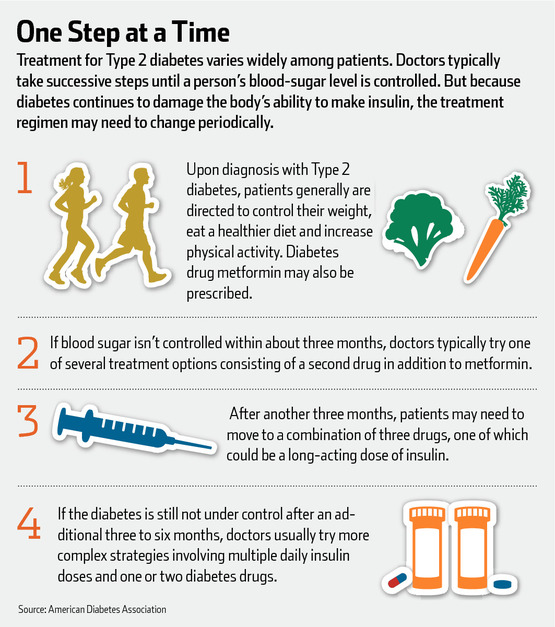In recent years, weight loss surgery has emerged as a significant player in the field of diabetes management. Can a surgical intervention truly hold the key to transforming the lives of individuals contending with this chronic condition? This tantalizing question invites critical examination of how bariatric procedures could potentially provide profound benefits for those grappling with diabetes, particularly type 2.
Type 2 diabetes, characterized by insulin resistance and impaired glucose metabolism, affects millions worldwide. Traditional approaches to managing this ailment—lifestyle modifications and pharmacological interventions—often yield limited success, particularly when weight gain exacerbates the condition. Enter weight loss surgery, a remarkable solution that not only facilitates substantial weight reduction but may also induce metabolic changes that can significantly ameliorate or even eradicate the symptoms of diabetes.
Among the various procedures available, gastric bypass and sleeve gastrectomy have gained considerable attention. These surgeries effectively restrict food intake and alter the way the body absorbs nutrients, leading to rapid weight loss. However, the benefits extend far beyond mere aesthetics. Research has shown that many patients experience rapid improvement in their blood glucose levels following surgery, sometimes even before significant weight loss occurs. The mechanisms behind this phenomenon are fascinating; alterations in gut hormones play a pivotal role in enhancing insulin sensitivity and glucose metabolism.
Nevertheless, the prospect of weight loss surgery does not come without challenges. The decision to undergo such a procedure entails not only a rigorous medical evaluation but also a commitment to lifelong lifestyle changes. Critics of this approach argue that reliance on surgical intervention could foster a “quick fix” mentality, undermining the importance of sustainable health practices. Moreover, not every individual is a suitable candidate for surgery, highlighting the necessity for personalized treatment plans.
Moreover, the post-operative journey can be fraught with complications. From nutritional deficiencies to the psychological ramifications of drastic body changes, patients must navigate a complex landscape. Support systems—be they nutritional counseling or mental health services—are crucial in ensuring long-term success and adherence to weight management strategies.
In conclusion, weight loss surgery represents a groundbreaking frontier in the ongoing battle against diabetes. While it offers promising outcomes for many, the multifaceted nature of this approach necessitates careful consideration, informed decision-making, and holistic support. Ultimately, as we continue to unravel the intricate relationship between obesity and diabetes, one must ponder: could this surgical route be the most effective weapon in our arsenal, or is it merely part of a broader tapestry of solutions? The challenge remains as we strive for advancements that genuinely improve quality of life for those living with diabetes.
